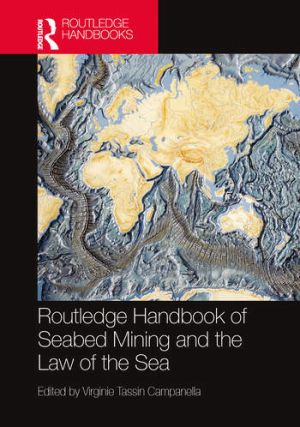
To meet the high demand of green technologies and provide an answer to global warming, an emerging industry plans to extract new offshore minerals at depths greater than before.
In general, access and use of seabed resources have been a central concern of States since the end of the Second World War. First mainly focused on oil and gas, their interest is now turning to rich mineral deposits laying in the deep seabed of the ocean under the form of polymetallic nodules, hydrothermal sulphides and cobalt-rich manganese crusts. Regulated by the 1982 United Nations Convention on the Law of the Sea (UNCLOS) and the related 1994 Implementing Agreement on Part XI, exploration of these new minerals is already underway since years and their exploitation within and outside national jurisdiction might be closer than expected.
While exploitation might benefit some, growing concerns are being raised by part of the civil society, private sector, international and regional organisations, as well as States. Indeed, not only these activities will be deployed in marine environments where ecosystems and biodiversity are poorly understood, they will also face significant challenges in their conduct and monitoring. Last but not least, they will be mostly carried out in developing countries with fragile economies heavily relying on the health of their marine environment.
To help understanding the complexity of the legal challenges surrounding the mining of minerals on the continental shelf and the Area, the book "Seabed mining and the law of the sea" gathers research chapters and an extensive review and analysis of regional and national practices from both States Parties and non-Party States to UNCLOS. By doing so, it brings attention to the current state of regulation of seabed mining activities at national, regional and international levels and related issues posed by the prospects of exploitation.
This multi-disciplinary book is targeting those involved in regulating, operationalizing and /or commercializing the seabed mining industry. It will prove to be an invaluable resource to anyone willing to discover or gain knowledge of this controversial topic.